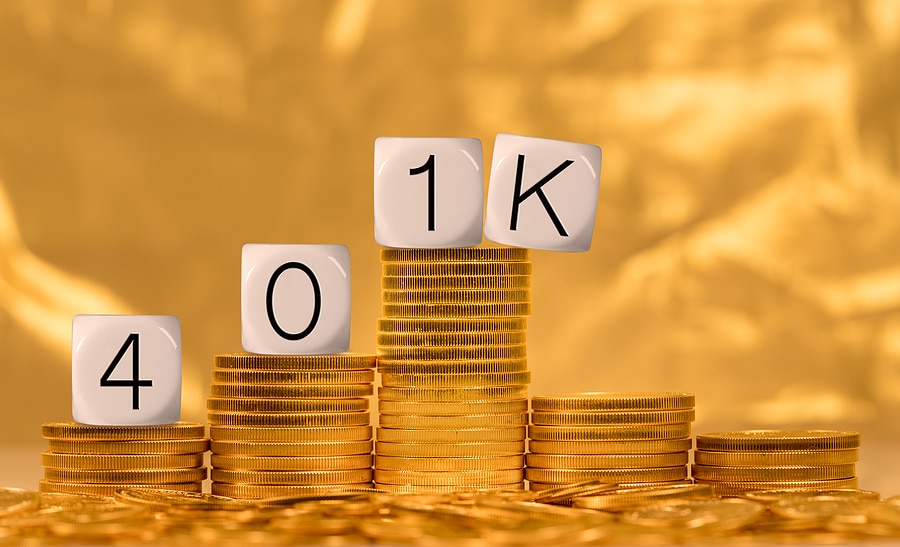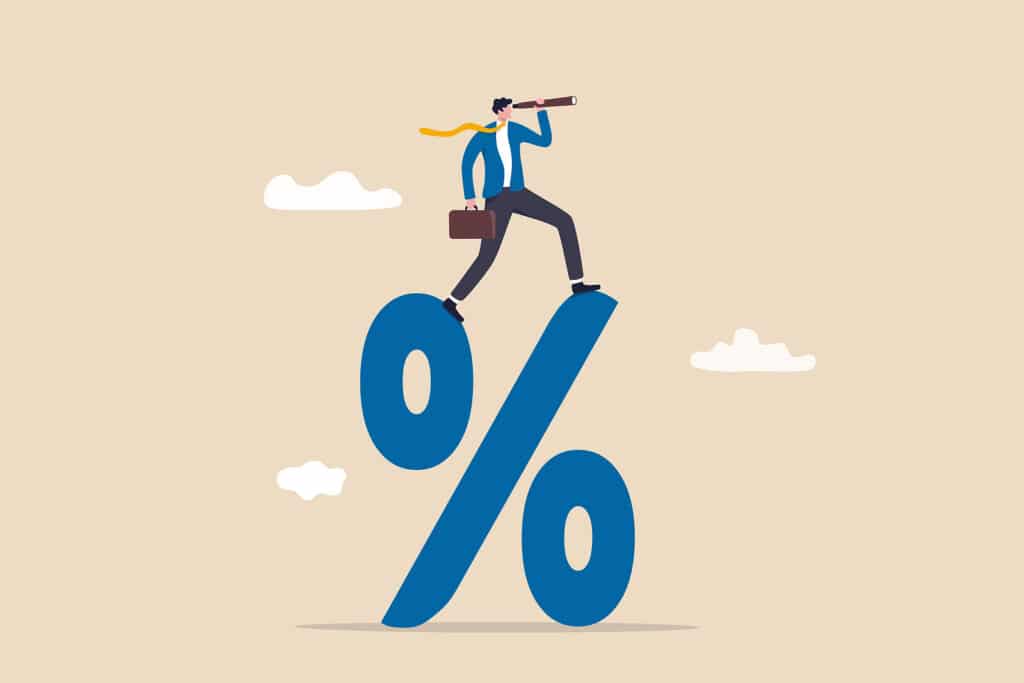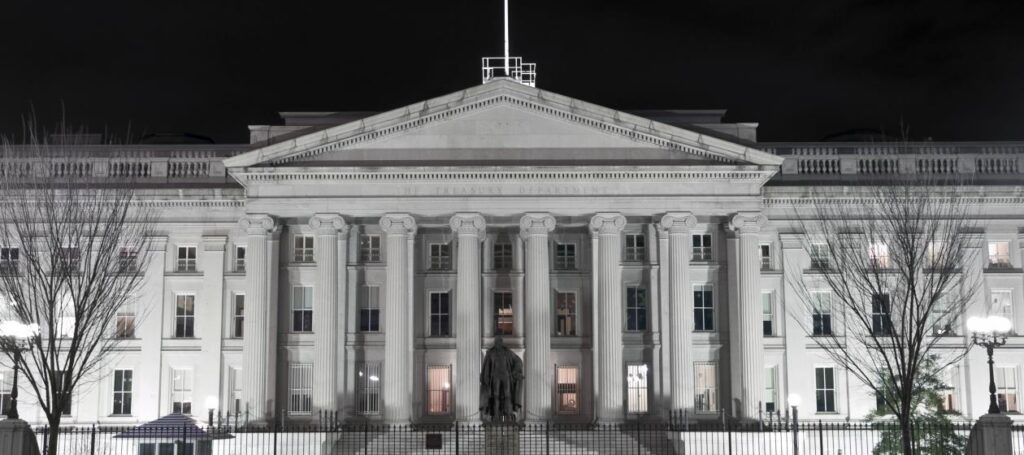Trumponomics tees off
CRITICS ACCUSE Donald Trump of being too chaotic to get much done. The speed of his first appointments should disabuse them. The next administration means business.
Stock and corporate-bond markets are broadly delighted with the prospect of deregulation and tax cuts in a second Trump term. The Economist, by contrast, has warned of a risk that mass deportation and a global trade war would do real harm. The appointments themselves attest to Mr Trump’s desire for disruption, a hard line on China and absolute loyalty . With such a concatenation of signals, you may wonder what is about to hit the world economy.
The answer comes in three instalments, beginning with Mr Trump’s intentions. His commitment to deregulation may be good for growth. Elon Musk, the world’s richest man, and Vivek Ramaswamy, an entrepreneur-politician, have been named heads of a new outfit grandly named the Department of Government Efficiency, or DOGE. A pledge to cut $2trn from the government’s annual budget is patently absurd, but judicious liberalisation could be benign. On day one the new administration could speed up legislation on permitting that is already in Congress. Mr Trump has also promised to free up artificial intelligence. The technology is immensely power-hungry. Just imagine if easier planning rules helped unleash a revolution.
Unfortunately, Mr Trump also wants to deport millions of irregular migrants and impose tariffs of up to 60% on China and 10-20% on the rest of the world. All of these would be bad for growth. For example, the costs of mass deportation could, by one estimate, run to hundreds of billions of dollars. That does not include the economic burden of labour shortages and spiralling consumer prices. Roughly half of the workers on America’s farms have no legal status.
A second part of the answer is that the tensions in Mr Trump’s agenda will be resolved by necessity, as the hyperbole of stump speeches comes into contact with the messy reality of governing. Policies take so much effort to enact that his administration will simply be unable to do everything all at once.
Imposing universal tariffs will take time, because they would need approval from Congress or the use of untested presidential powers. But free-trade Republican lawmakers could recoil at tariffs on America’s close allies. And the use of existing law to impose a universal tariff on national-security grounds would probably be challenged in the courts. Likewise, apprehending, detaining and processing millions of people will be a logistical nightmare. Federal agencies would need to turn to state authorities for help, many of which will refuse.
The third part of the answer is that, mixed in with the intentions and priorities is the mercurial temperament of Mr Trump himself. He has a fondness for picking favourites and then dumping them. He is also beholden to nobody. In spite of his appointment to the White House of Stephen Miller, a longtime loyalist and a hardliner on immigration, Mr Trump may put growth first by making a furious noise about deportation, but limiting its real-world effect. It is the same with Mr Musk, whom markets sense may receive special favours. But will the bromance last? The only discipline on a president who has succeeded so spectacularly by defying the experts around him will be those same markets. Mr Trump has an old-fashioned regard for share prices as a barometer of success.
The conclusion markets seem to be drawing is that things will work out just fine. Although they are alive to risks of inflation and cronyism, investors are betting that tariffs and deportations will do little damage. Instead, the tax cuts will produce a sugar rush that boosts corporate profits and deregulation will bring about lasting growth.
Even if that prediction proves correct about America—a fairly big if—it is too rosy for the rest of the world. As America borrows, raises tariffs and grows, the dollar will strengthen. That will dampen trade. It will also lead to higher interest rates and greater dollar-debt burden in developing countries.
Some governments will be in the line of fire, especially if the threat to extend tariffs beyond the universal rate becomes a Trumpian negotiating tool. Most vulnerable is Mexico, which will be a target both of Mr Trump’s immigration policy, because many illegal migrants cross its border with the United States, and of his trade policy, because Mexico is home to factories that send their exports north under the United States-Mexico-Canada Agreement.
Mr Trump appears to have a special animus against the snooty leaders of the European Union. Many Republicans allege that, by footing the bill for American troops in Europe as part of NATO, America is in effect paying for European welfare. For Mr Trump, the EU’s huge trade surplus with America rubs salt in the wound. Europe can expect to pay.
The main target of a hostile economic policy will be China. Marco Rubio, at the State Department, and Mike Waltz, as national security adviser, both want the rivalry between the world’s two biggest economies to be at the heart of American policy. As firms move supply chains out of China, a few countries may benefit. Others may strike up a friendship with Mr Trump. As a rule, though, the separation of the American and Chinese economies would be highly disruptive.
Fore!
Countries would do well to prepare for what is coming. The eu has said that it will steer tens of billions of euros’ worth of spending to defence. But it has fallen badly behind in AI and has put off strengthening its own internal market for too long. China is in a better position, but it has foolishly delayed the stimulation of domestic demand.
If Mr Trump unleashes a salvo of tariffs, retaliation will exert a seductive pull, not least as a show of strength. It would, however, be an act of self-harm. Few countries are more insulated against trade shocks than America, with its large domestic market. Better to take the positive side of Trumponomics, and deregulate. If Mr Trump wants to tilt the playing-field, the best way to cope will be to become more competitive.
Read the full article HERE.


